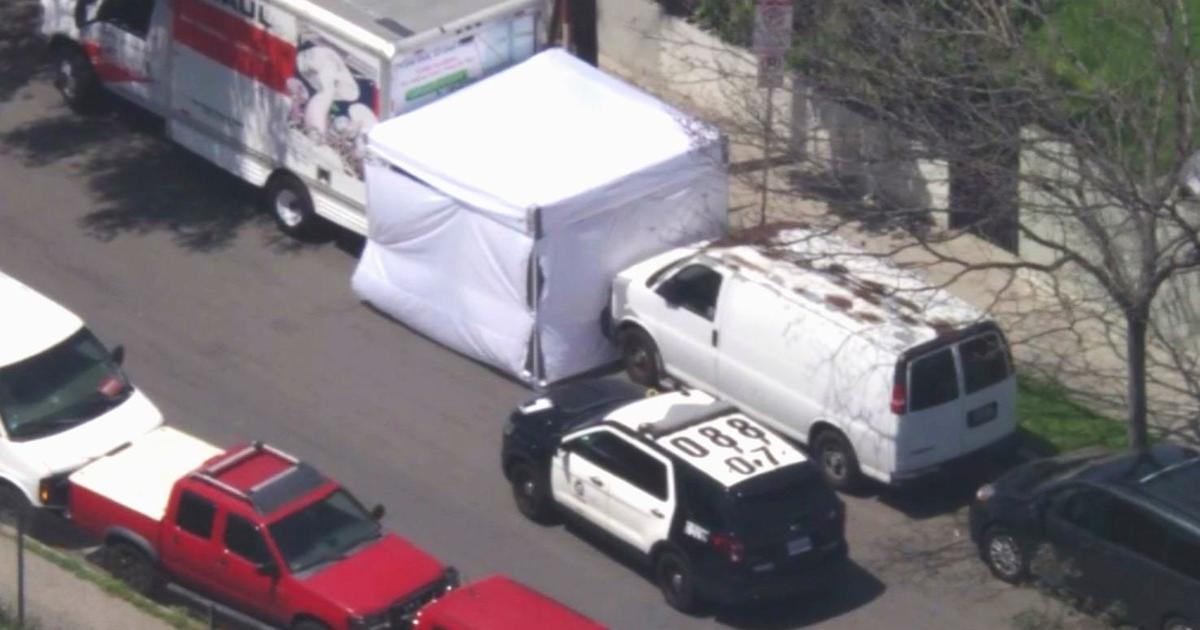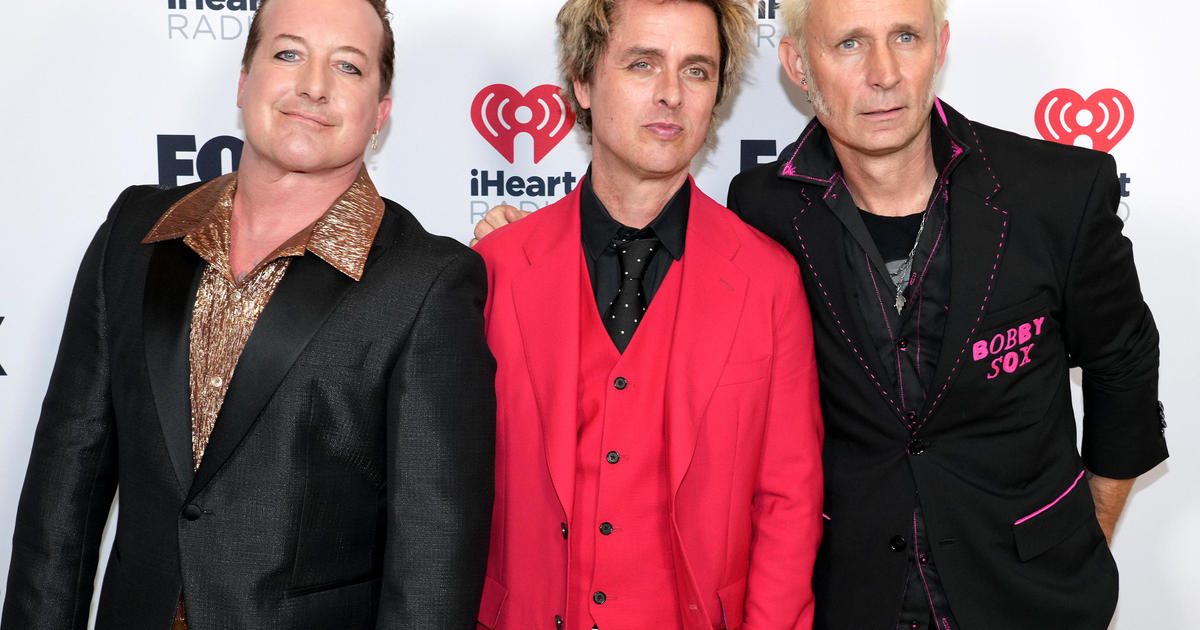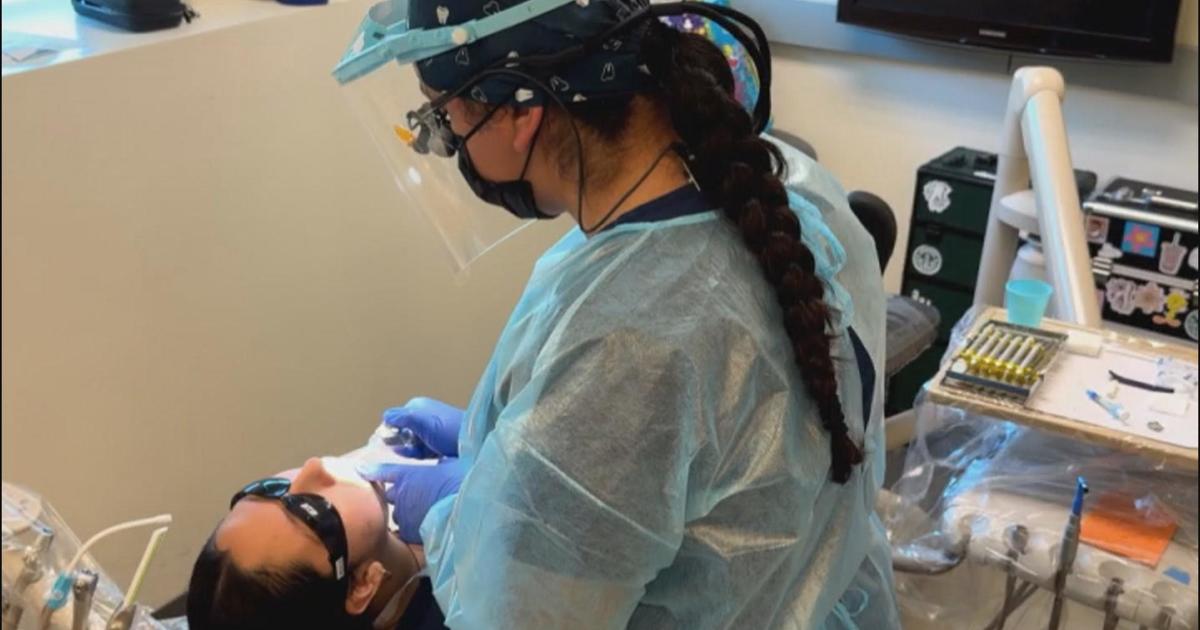Early Returns Suggest Voters Favor Taxing Marijuana Dispensaries
LOS ANGELES (CBS) — Time to be blunt! The cash-strapped city of Los Angeles could soon have a new source of revenue, with early returns from Tuesday's election indicating voters strongly favor taxing medical marijuana dispensaries.
If ultimately approved, Measure M would allow to the city to collect $50 out of each $1,000 in "gross reimbursements" that dispensaries receive from their patients.
That could generate $10 million a year, which the city can use to pay for basic services such police, libraries and street repairs, according to proponents.
Kris Hermes, a spokesman for Americans For Safe Access, the nation's largest medical marijuana advocacy group, said he was disappointed the measure likely passed.
"We campaigned hard against this additional tax in Los Angeles, because patients already pay a nearly 10 percent (sales) tax on the medication that's already expensive and unaffordable for many," he said.
Hermes said an eighth of an ounce of medical marijuana typically costs $40 to $60, and certain high quality varieties are even more expensive.
City Council President Eric Garcetti said he was concerned about the measure's legality.
"If marijuana is supposed to be medicine, you can't tax medicine. And if it is a gross receipts tax on a business, these (dispensaries) are not supposed to be businesses," he said. "If this wound up in court and we lost, a year from now or two years from now, it could blow a hole in the budget when we have to return the money."
When Councilwoman Janice Hahn initiated the ballot measure, she said, "This is something we cannot say `no' to."
But the city and county's top law enforcement officials were not fans.
Police Chief Charlie Beck, Sheriff Lee Baca and District Attorney Steve Cooley all signed an argument against Measure M, pointing out that federal law bans growing, possessing or consuming marijuana for any purpose.
"The city should not place a tax on something our federal government considers a Schedule I narcotic and against the law," they argued.
Testifying before the City Council last year, Los Angeles' principal tax compliance officer, Larry Manocchio, also noted that collectives are classified as nonprofit organizations and therefore cannot be taxed.
But Hahn disputed the notion that the city would be taxing "profits" from the sale of medical marijuana. She said the city would instead be taking a portion of what patients give dispensaries as "reimbursement" for the costs associates with cultivating weed, such as worker salaries, rent and utilities.
Hahn pointed out that many California cities have a similar pot/tax plan. San Jose and La Puente each charge $100 per $1,000 in gross reimbursements; Oakland and Richmond, $50, Sacramento, $40; and Berkeley, $25. Long Beach is considering a tax of $50.
There are hundreds of collectives across Los Angeles, but only nonprofit organizations whose members cultivate marijuana for medical purposes are considered legal.
(©2011 CBS Local Media, a division of CBS Radio Inc. All Rights Reserved. This material may not be published, broadcast, rewritten, or redistributed. Wire services contributed to this report.)



